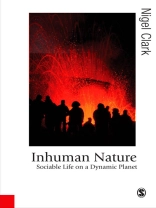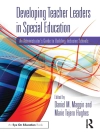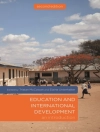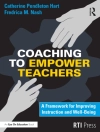The relationship between social thought and earth processes is an oddly neglected part of the social sciences.
This exciting book offers to make good the deficit by exploring how human activity and planetary processes impact upon each other. The book:
• Provides a much needed in-depth inquiry into the volatile relationship between human life and the physical earth
• Considers the social and political implications of consistently thinking of the earth as a dynamic planet
• Asks what we can learn from natural catastrophes and from those who have lived through them
• Offers an inter-disciplinary perspective bringing together insights from sociology, geography, philosophy and earth / life sciences.
The result is a landmark work that will be of interest to readers across the social sciences and humanities as well as environmental studies and disaster studies.
Tabella dei contenuti
Introduction
The Earth in Physical and Social Thought
Ways to Make a World: From Relational Materiality to Radical Asymmetry
After the Tsunami: Vulnerability on a Volatile Planet
Quaking: The 1755 Lisbon Disaster and the Modern Subject
Justice and Abrupt Climate Change
Hurricane Katrina and the Origins of Community
′Burning for the Other′: Colonial Encounters on a Planet of Fire
Extending Hospitality: Global Mobility and Journeys in Deep Time
Circa l’autore
Nigel Clark is Senior Lecturer in Human Geography at the Open University












